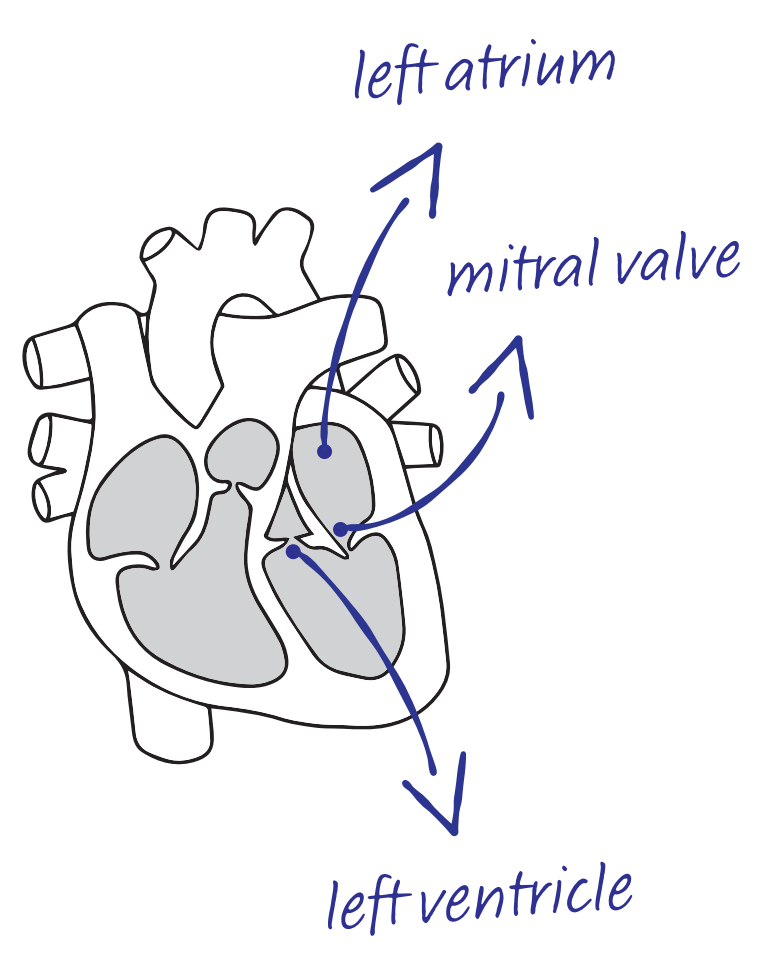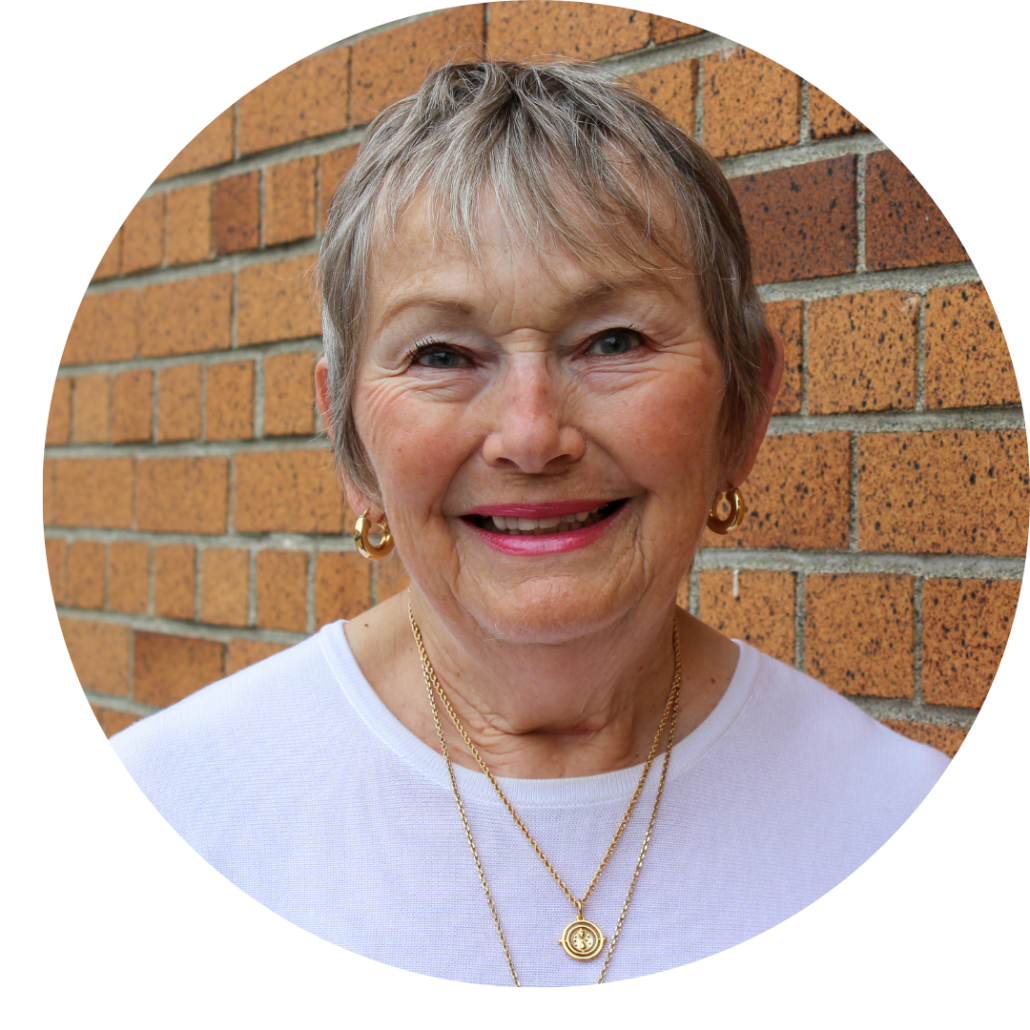 The mitral valve is located between the left atrium and left ventricle of the heart, and prevents blood from leaking back into the lungs when the heart contracts. Two per cent of the population is affected by a common disorder called degenerative mitral valve disease.
The mitral valve is located between the left atrium and left ventricle of the heart, and prevents blood from leaking back into the lungs when the heart contracts. Two per cent of the population is affected by a common disorder called degenerative mitral valve disease.
When a valve fails, the impact is serious. Patients with this condition suffer from extreme fatigue and shortness of breath. Without corrective surgery, they go into congestive heart failure and will die within a few short years. They need surgery to save their lives.
The mitral valve swings open like a door. When I perform mitral valve surgery, I am essentially stopping the door from swinging the wrong way, ensuring blood is pumped out to the rest of the body, instead of back into the lungs. Because of this surgery, people don’t go into congestive heart failure.
Certain mitral valve patients my colleagues and I treat are eligible for a minimally-invasive surgical option, which is not yet available on Vancouver Island. A minimally-invasive approach means that surgeons do not have to perform a sternotomy (which involves cutting the breastbone). Instead, the procedure is performed through a small space between the ribs, and the incision is only 6-8 centimeters, rather than the standard 20 centimeters.
Minimally-invasive surgery has the potential to increase the stability of the chest, and the benefits may include reduced pain and risk of infection, shorter hospital stays, and faster recovery. However, without the necessary equipment, eligible patients who choose the minimally-invasive approach must currently travel to the Mainland to receive it.
Through the Emerge Stronger campaign, donors to the Victoria Hospitals Foundation can help raise $242,000 for Mitral Valve Minimally-Invasive Surgical instruments for the Heart Health program and Surgical Services Department at Royal Jubilee Hospital (RJH)—Vancouver Island’s referral centre for cardiac care, and the only centre that performs open-heart surgeries on the Island.

As surgeons, any time we can use advanced equipment, we can provide better care. Philanthropy goes a long way towards making our communities healthier places. The open-heart program in Victoria is one of the best centres in the world, and philanthropy has helped us achieve that. This new equipment will allow us to take what is currently a standard of care and turn it into state-of-the-art care.
I often say that excellence attracts excellence, and we are fortunate that our program attracts excellence here on the Island. There is a step-by-step process of improvement that is always occurring within our cardiac program, and funding this advanced equipment is truly the next step in maintaining that excellence.
—Dr. Lynn Fedoruk, Medical Lead, Division of Cardiac Surgery, Royal Jubilee Hospital






